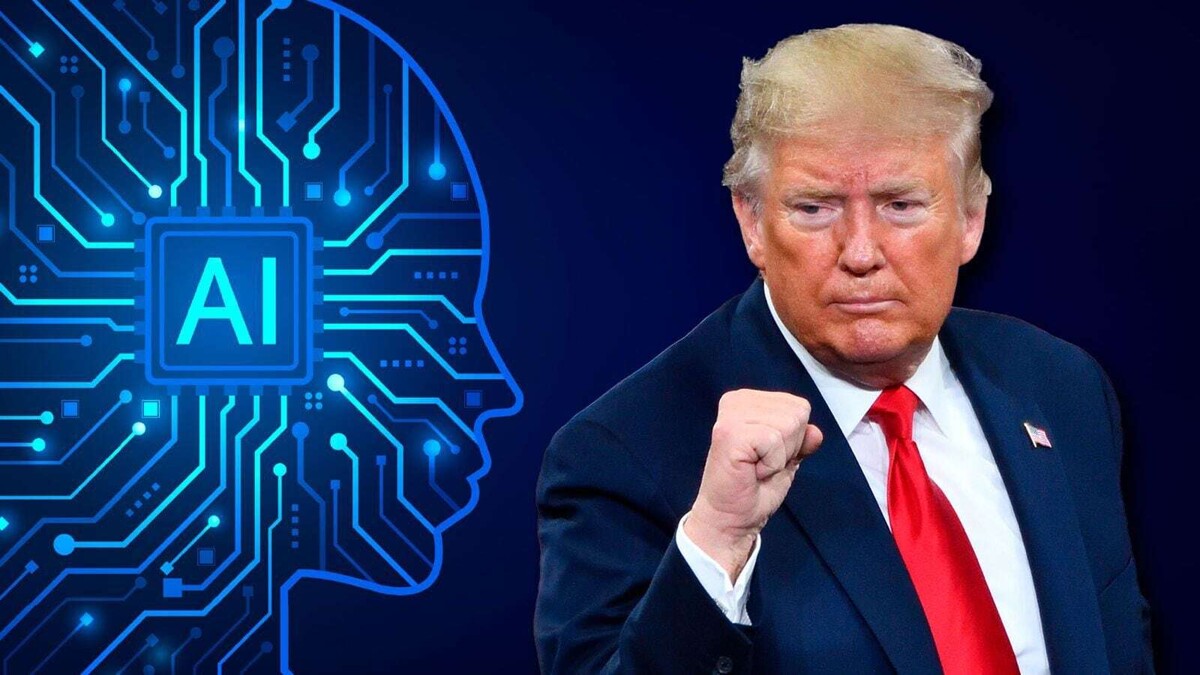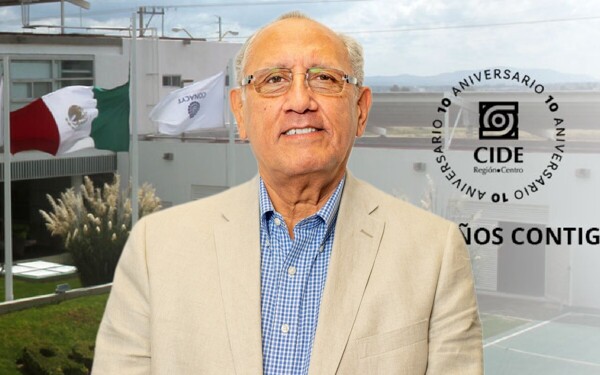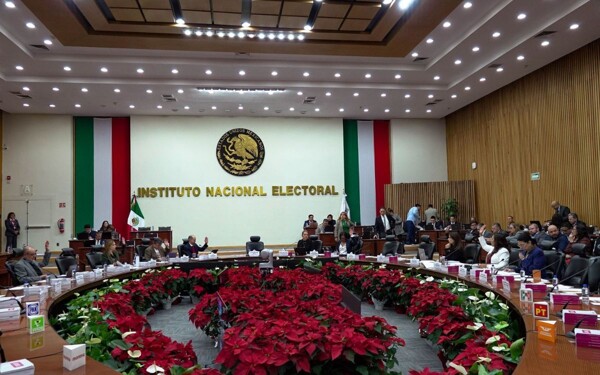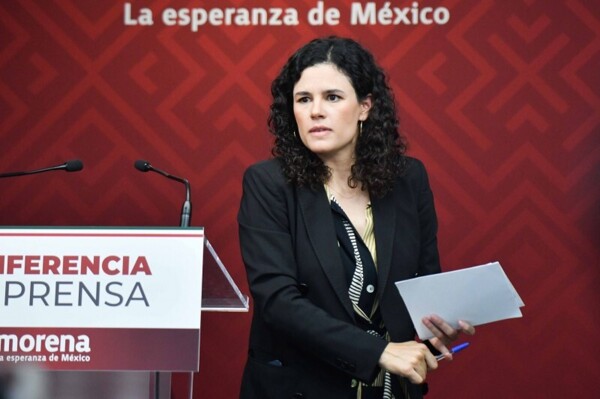
The current policy regarding artificial intelligence proposed by the United States government has raised concerns in Mexico due to the geographical and economic influence it has over the country. The need to maintain a cautious stance while exploring its own regulatory models in this area has been emphasized, considering the current geopolitical tensions.
The American vice president, Vance, recently openly criticized European countries for their regulation on artificial intelligence, generating controversy around the influence the United States seeks to exert in this field globally. This stance challenges global balances and raises a competition for technological leadership between the United States and China.
The warning from the United States about imposing response measures on those countries or regional blocks that limit U.S. technological development has generated uncertainty regarding the direction regulations will take in this area. The possibility has been mentioned that any revenue-generating attempt or regulation affecting innovation could provoke adverse reactions from the American government.
The executive order issued by President Trump seeks to protect American companies and innovators from what he calls "foreign extortion," showing the determination of the United States to maintain its technological leadership worldwide. This stance has highlighted the importance of prudently calibrating Mexico's position in this constantly changing geopolitical landscape.














